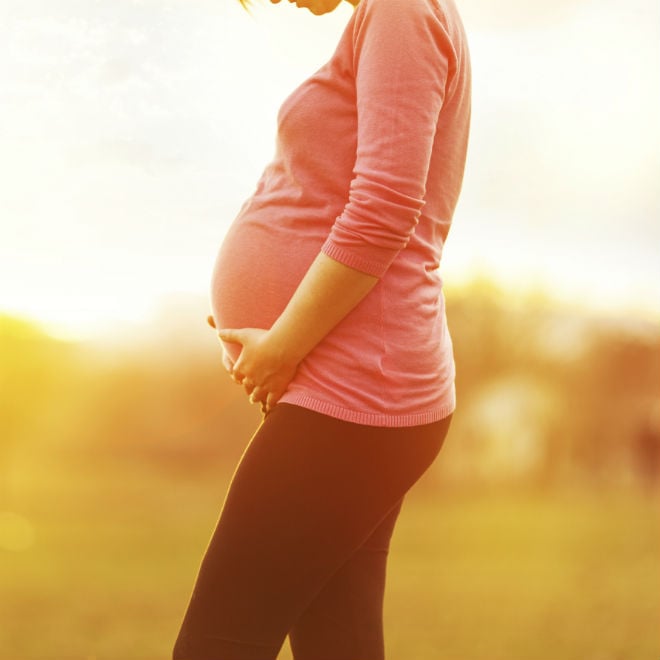Study: Babies conceived between January and March more likely to have learning disabilities

Photo: iStock
Along with folic acid, vitamin D is essential during pregnancy to help with your baby?s development. And a new study published in the American Journal of Epidemiology reveals that your vitamin D intake in the first trimester is especially important.
Researchers at the Universities of Glasgow and Cambridge, the National Health Service and the Scottish Government discovered that babies who were conceived between January and March (and born between October and December) were more likely to have learning disabilities, like ADHD, dyslexia and other reading problems, because their mothers didn?t get enough vitamin D during their first trimester. They concluded that indoor lifestyles during the winter (and the lack of sunshine that comes with that) and not taking the recommended dose of vitamin D led to the deficiency. The study was conducted on 801,592 kids who attended Scottish schools between 2006 and 2011. It found that 8.9 per cent of children conceived between January and March had learning disabilities, compared to 7.6 per cent of babies conceived between July and September. Researchers concluded that 11 per cent of learning disabilities could have been prevented if mothers took the recommended dose of vitamin D.
It?s recommended that all women?pregnant or not?should be getting 600 IU of vitamin D daily, something that can be very difficult to do in Canada with our bitterly cold winters when sunshine is scarce. In fact, two-thirds of Canadians aren’...
| -------------------------------- |
|
|
Finding the Right School with John Catt Educational
31-10-2024 06:53 - (
moms )
Nine reasons to join Year 9 at Millfield
30-10-2024 06:58 - (
moms )













